Regional resilience-building Workshop: “Increasing awareness of the hybrid threats – Strengthening resilience in the Western Balkans”
From the 5th of May until the 8th of May, 2023, the team of Strategic Analysis Think Tank, in cooperation with The Euro-Atlantic Council of North Macedonia and nine partners from the Balkan and Visegrad countries, co-organized the Regional Resilience – Building Workshop in Ohrid, North Macedonia.
The regional resilience-building Workshop is a part of the project named „Increasing Awareness of the hybrid threats – Strengthening Resilience in the Western Balkans” which aims to increase the capacity of Western Balkan civil society in countering disinformation to strengthen democracy, societies‘ resilience, integration to the EU and socio-economic development by improving their skills and knowledge through discussions with experts with strong pro-transatlantic and European values.
The first regional resilience-building workshop taught NGO/CSO Young leaders how to analyze the issues of particular WB6 countries and how to recognize available data which are valuable and reliable. This training also taught participants to prepare short, informative, and up-to-date analyses using reliable and verified data. The outcome will be participants with skills that allow them to distinguish between sources that bring unbiased and fact-based information from fake news and disinformation.
In the official opening participated Ms. Slavjanka PETROVSKA, Minister of Defence of the Republic of North Macedonia, Mr. Filip TOSEVSKI, State Secretary of Ministry of Foreign Affairs of the Republic of North Macedonia and Mr. Ismet RAMADANI, President of ATA North Macedonia.
During the first day of the workshop, the following topics were covered by each of our partners from WB and also from the V4 region:
- Hybrid Threats in the Western Balkan Context, Jan Cingel, Strategic Analysis
- A Case Study of Hybrid Threats: Russia’s Incomparable Comparisons of Kosovo’s Independence with the Aggression in Ukraine, Lulzim Peci, Kosovar Institute for Policy
- Strategic communication and importance of societal resilience in countering disinformation – the experience of Czechia, Pavel Havlicek, Association for International Affairs
- Building resilience to disinformation practices in post-Covid environment, Konrad Pawlowski, Institute of Central Europe
- Building resilience to disinformation practices – the experience of Hungary, Dorka Takácsy, Center for Euro-Atlantic Integration and Democracy
- Building resilience in the era of hybrid threats and critical infrastructure protection, Prof. Vesna Popovska, Vision University
During the second day of the workshop, the following topics were covered by each of our partners from WB and also from the V4 region:
- Social media and disinformation: How to stay resilient, Milan Jovanovic, Atlantic Council Montenegro
- Political warfare: the patterns of the news containing disinformation, Dino Krcic, Atlantic Council Serbia
- The importance of media independence from the influence of political, religious, and other subjects of power, Juxhina Gjoni, YATA Albania
- Disinformation as a destabilizer of security in the Western Balkan region, Hamza Karcic, Forum for Cooperation and Research
- Public hate speech: State-sponsored propaganda and hate speech in Central Europe, Alexandra Tóthová, Strategic Analysis
- Propaganda and disinformation: Serbia between Russia and the West, Ivana Petronijević Terzić, Demostat Serbia
- Artificial Intelligence (AI) as a revolutionary tool for countering disinformation and shaping public opinion with a focus on Serbia, Tamara Bajcic, Atlantic Council Serbia
On the third and last day of the workshop, the participants were selected to the mixed working groups with their mentors and issued certificates.
The aim of the project is to strengthen the resilience of young people from the Western Balkans region, which appears to be vulnerable to the influence of propaganda, disinformation, and hybrid threats that undermine the democratization process in the region. Through the mobilization and activation of CSOs in the Western Balkans region, we would not only strengthen the critical thinking of young people, but more importantly, we would raise awareness about disinformation in the online space. The impact of the project will be to create a network of active future leaders who will act as multipliers in their communities, thus addressing hybrid threats and disinformation in the Western Balkans.
The project is generously funded by the International Visegrad Fund and MFA Republic of Korea.
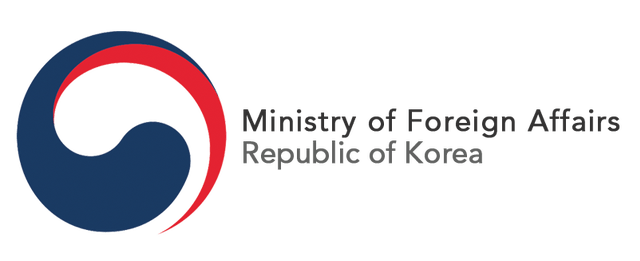
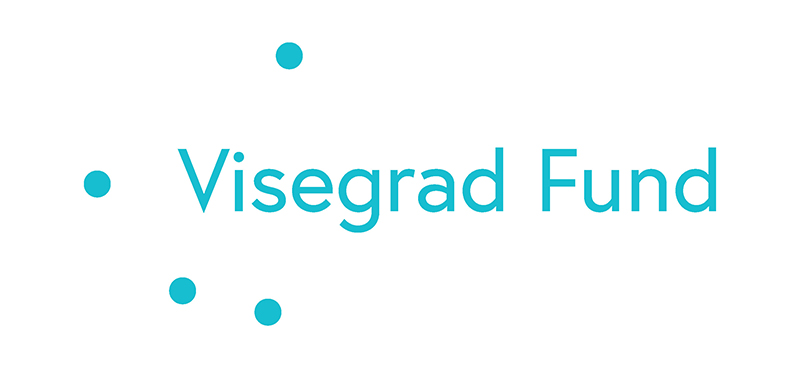

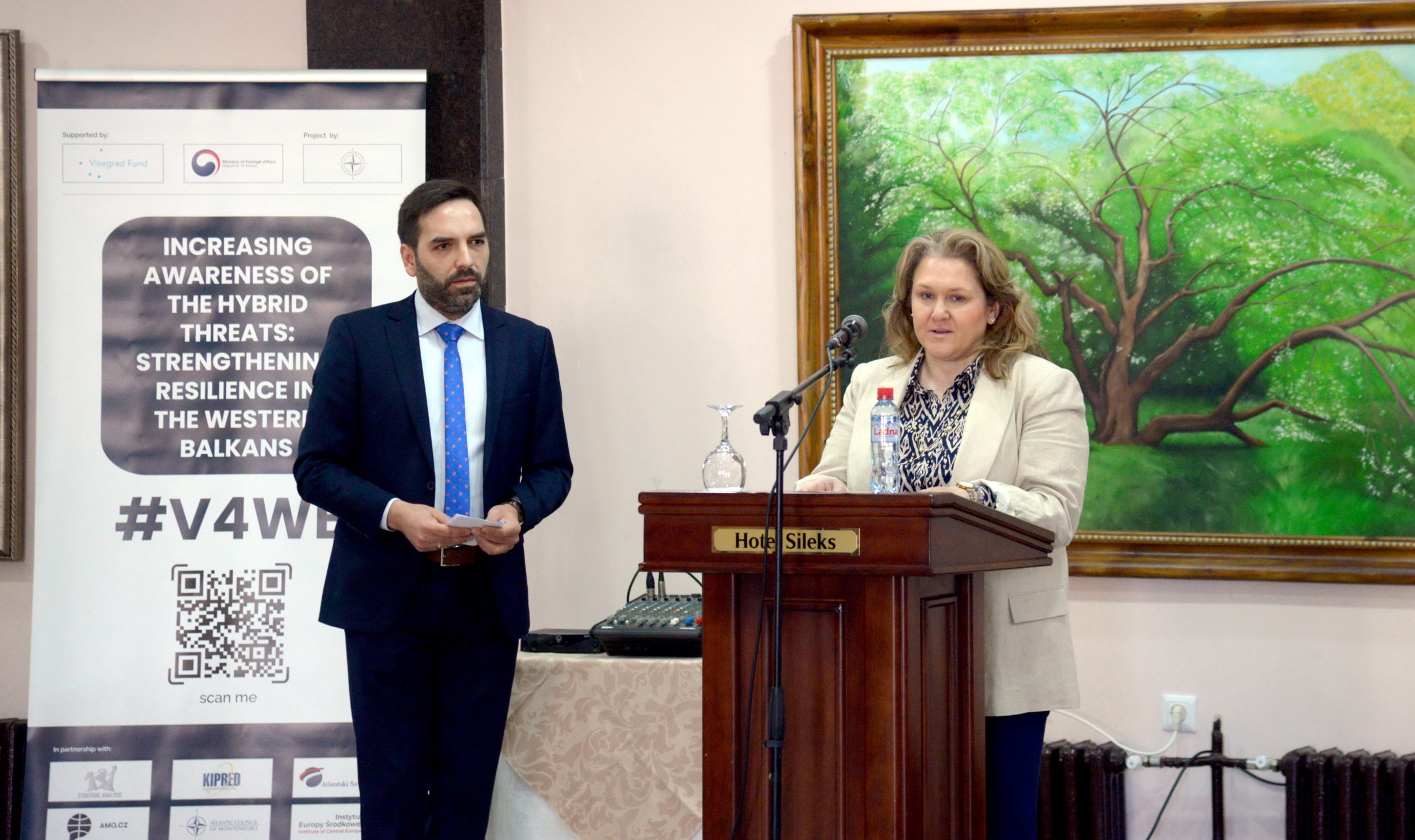
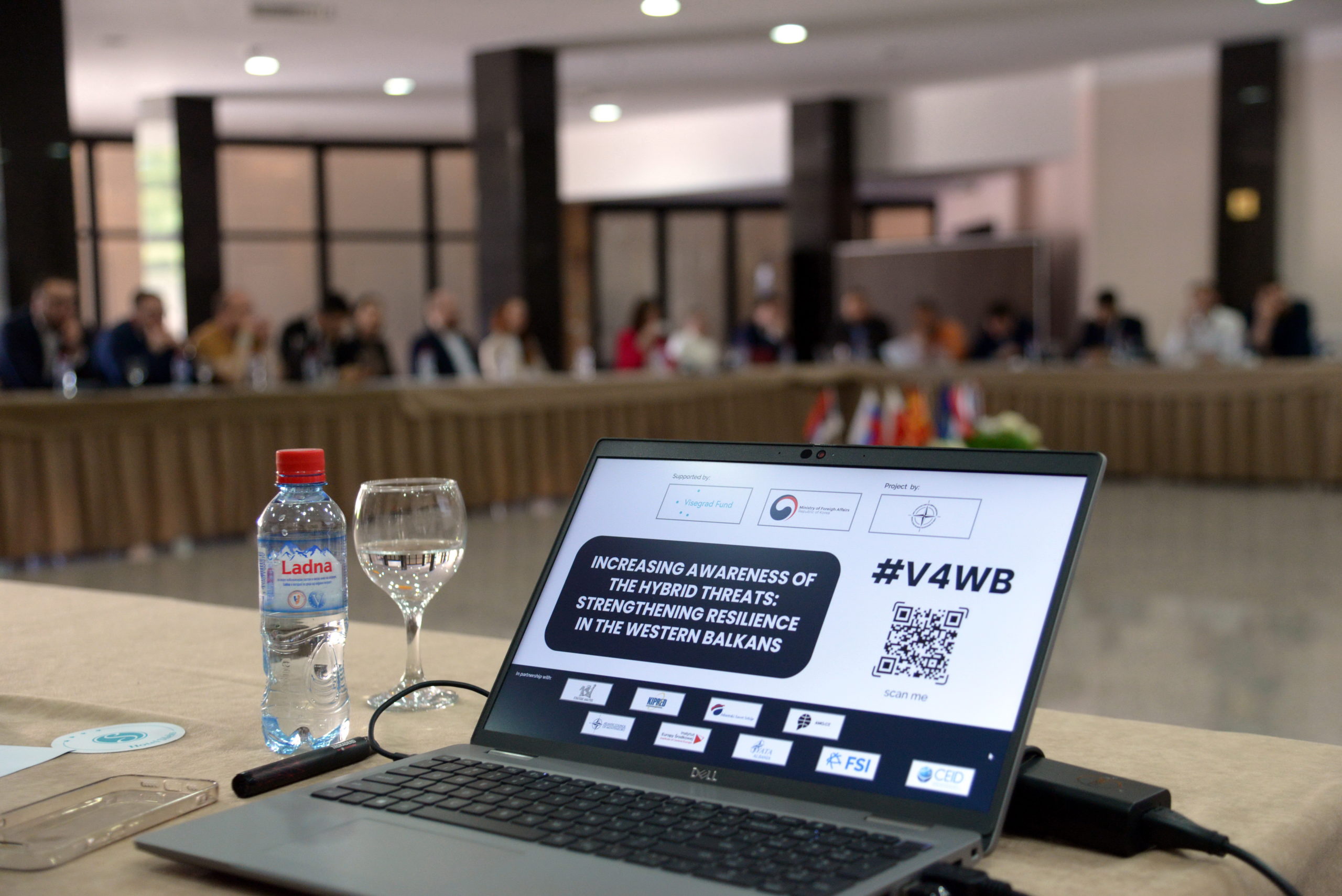
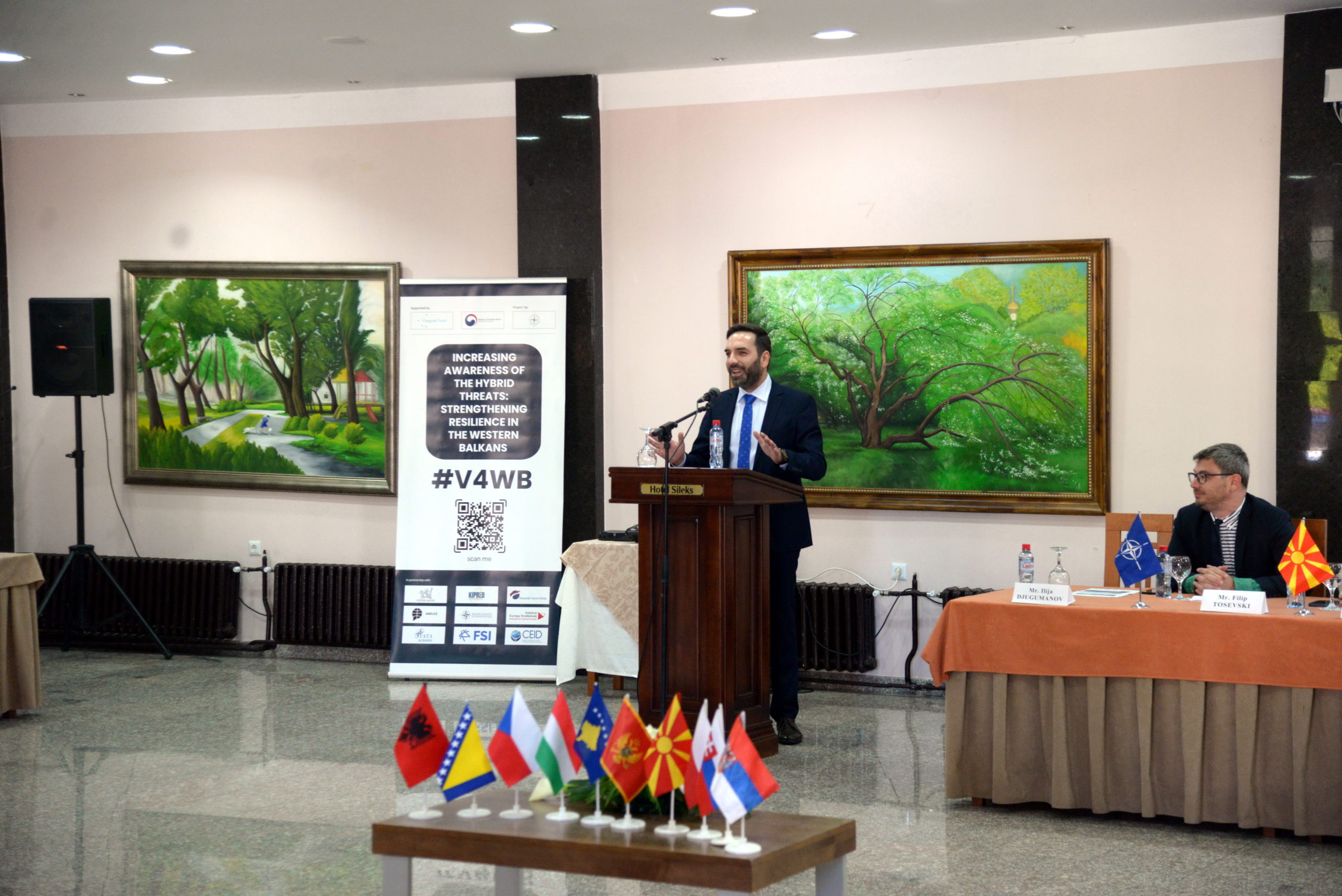
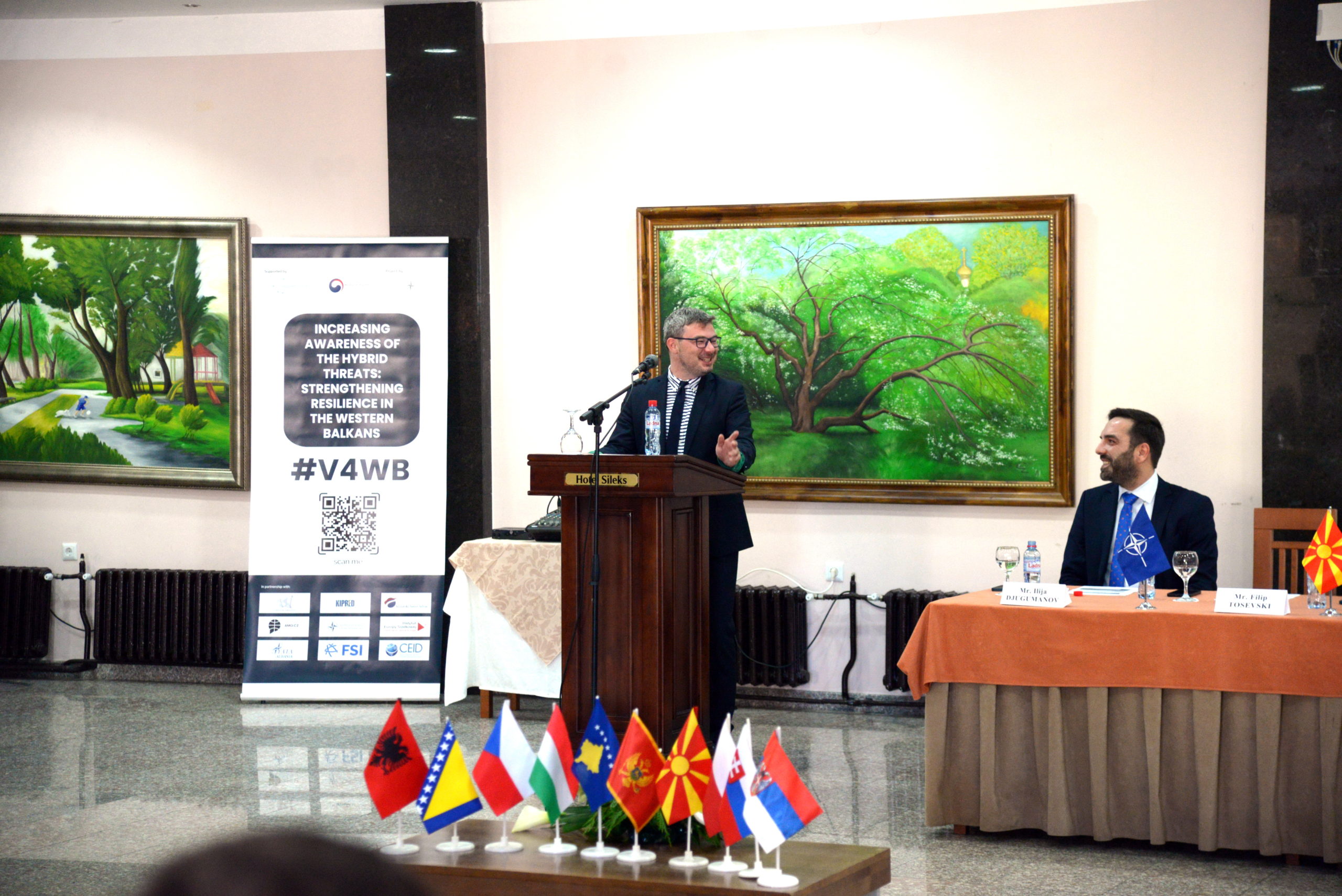
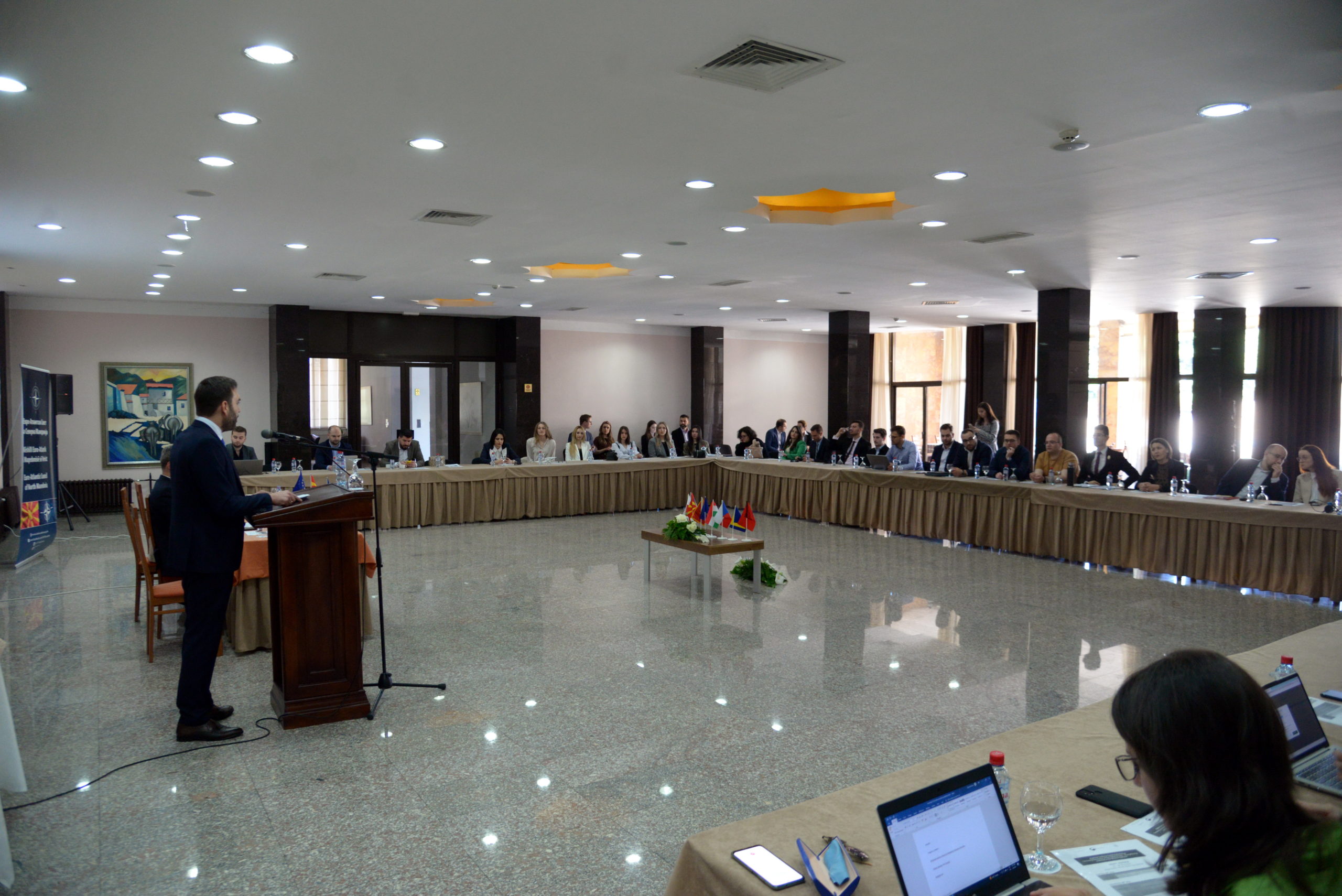
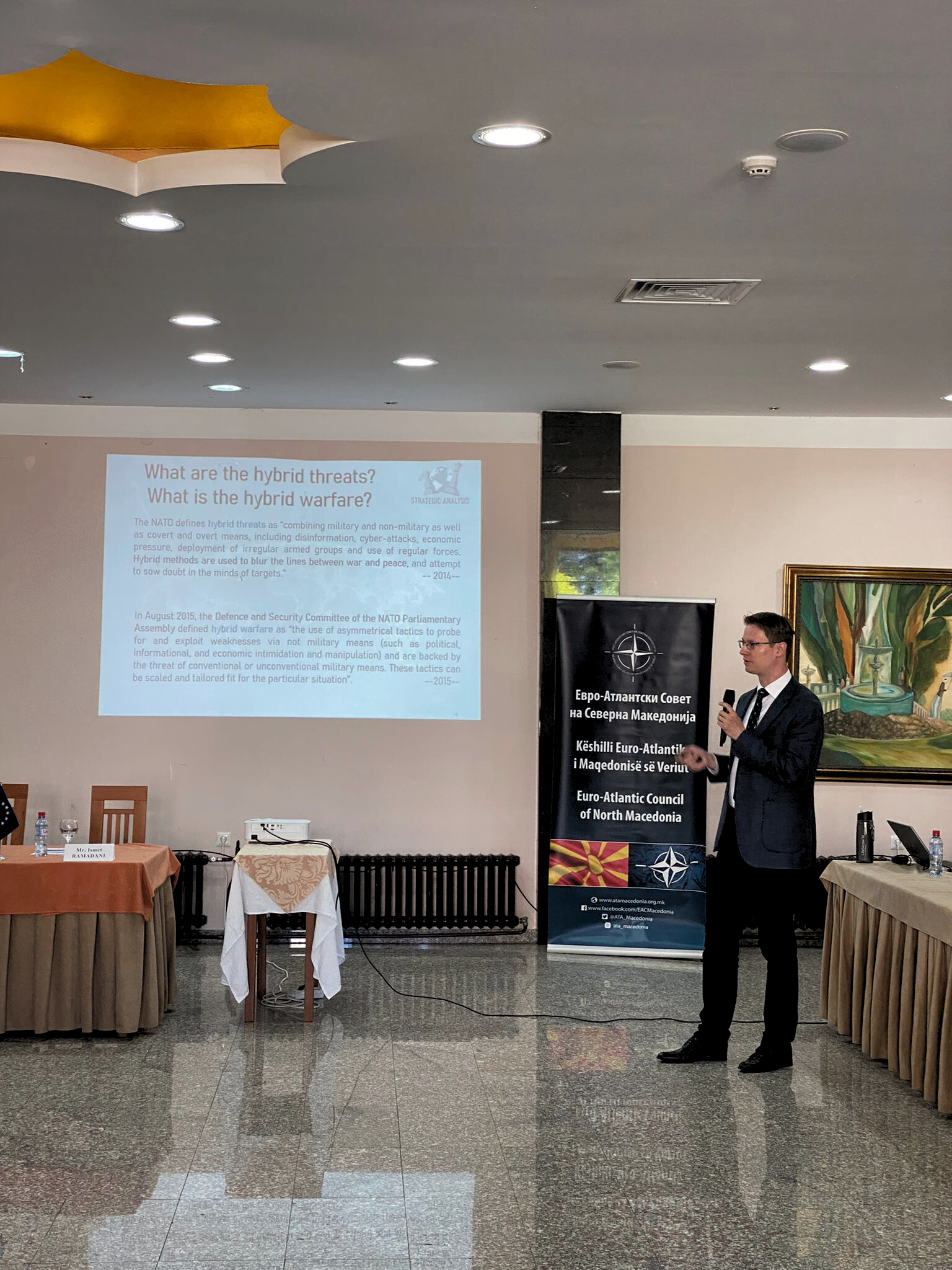
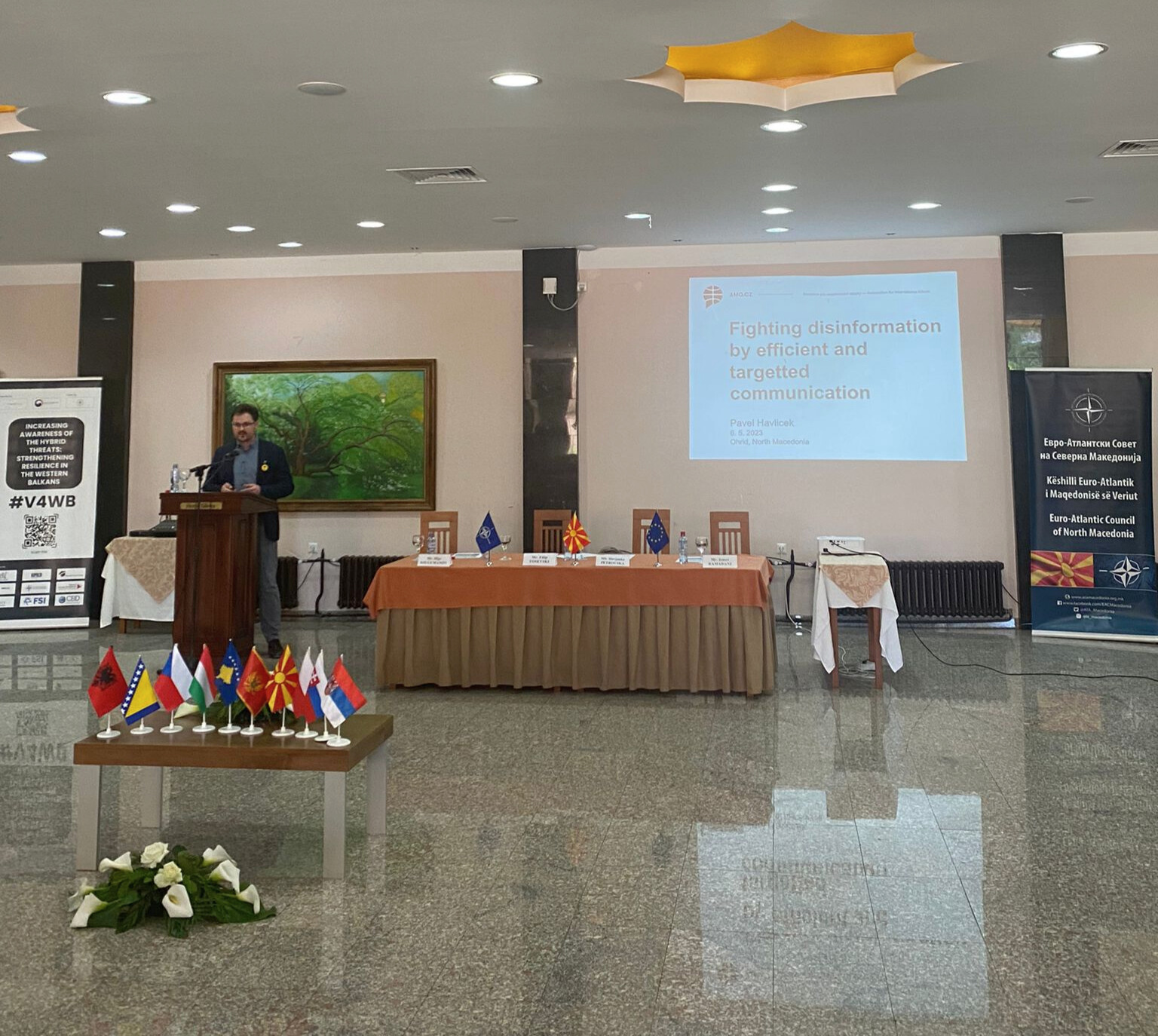
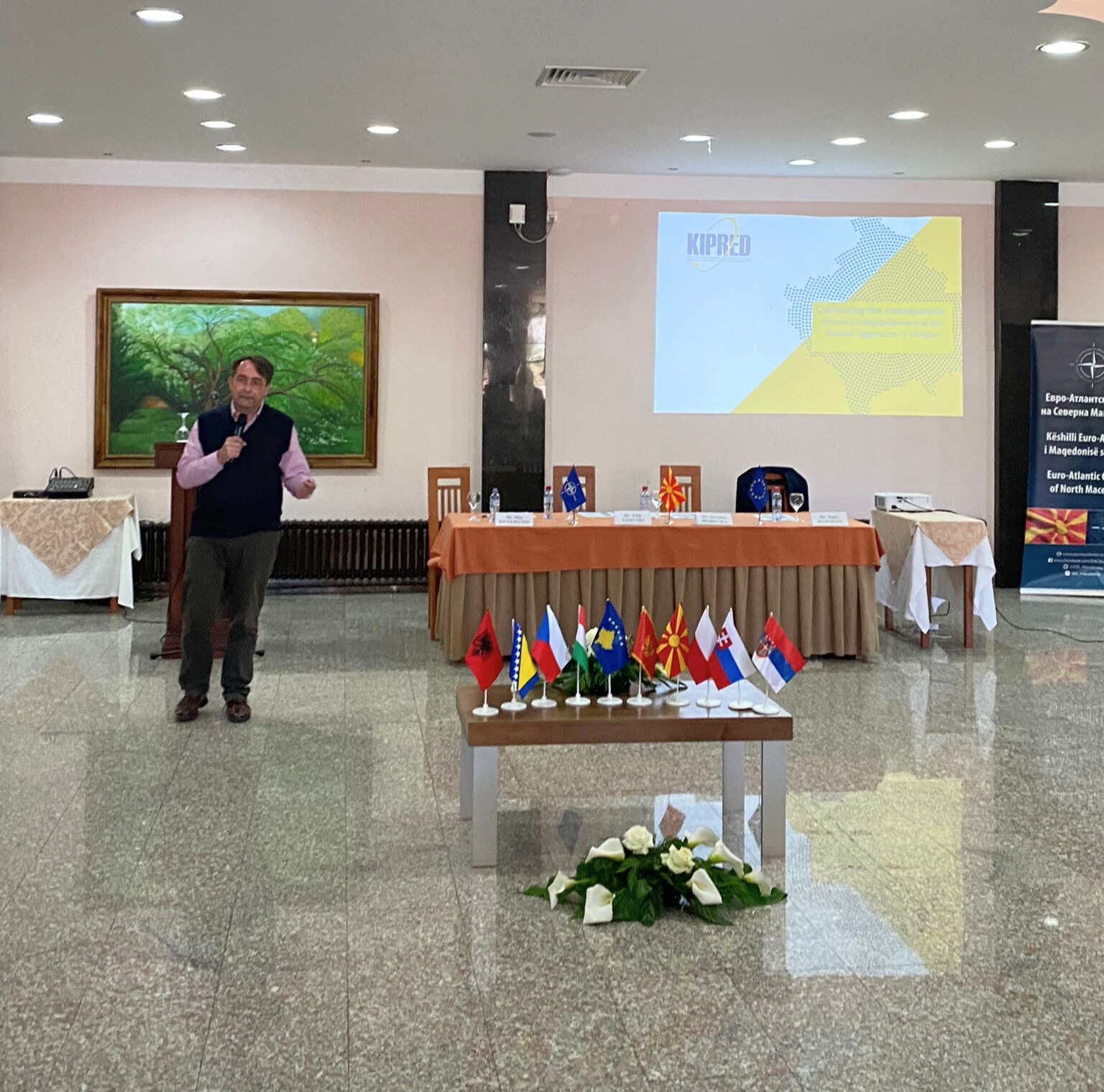
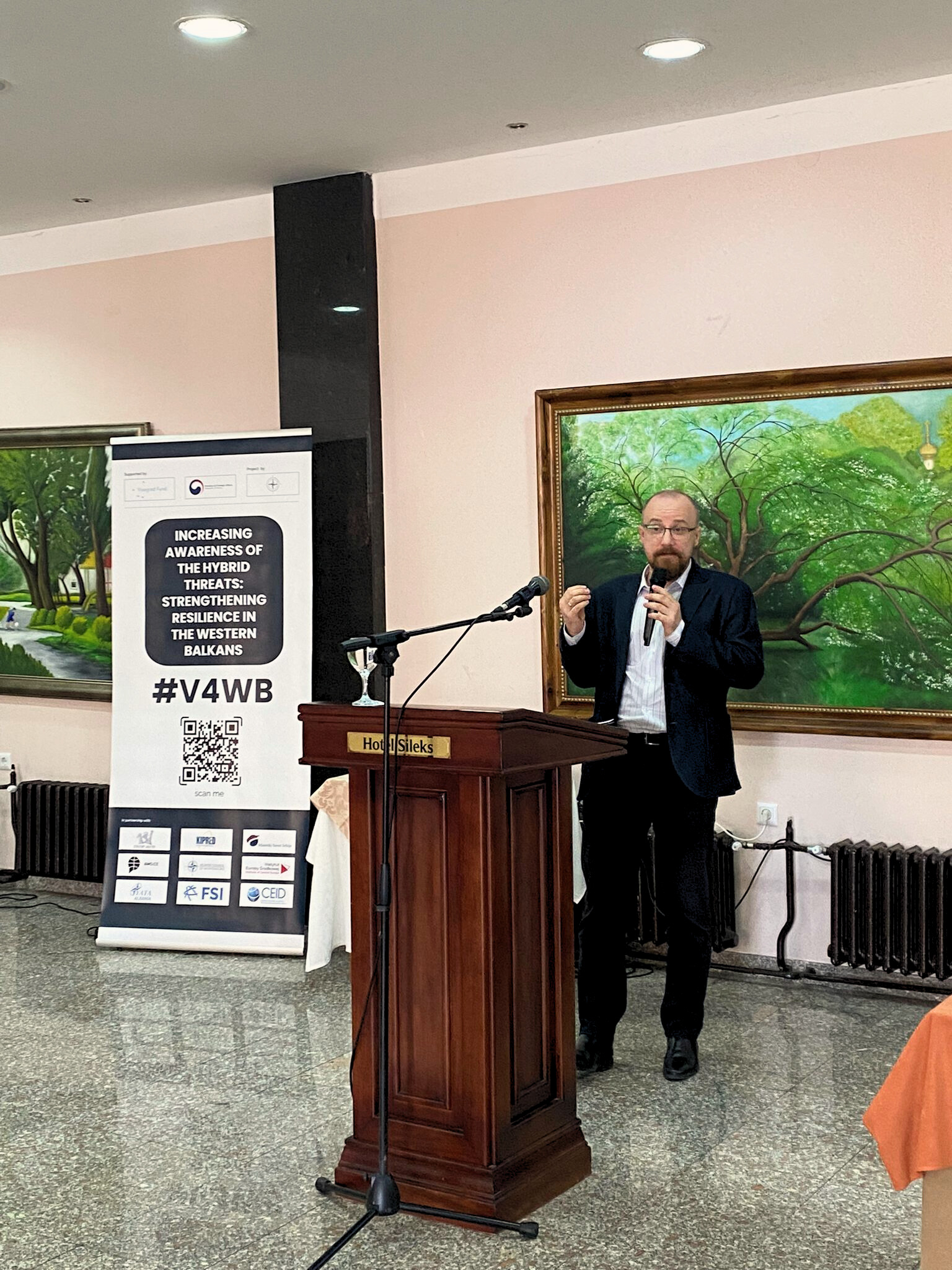
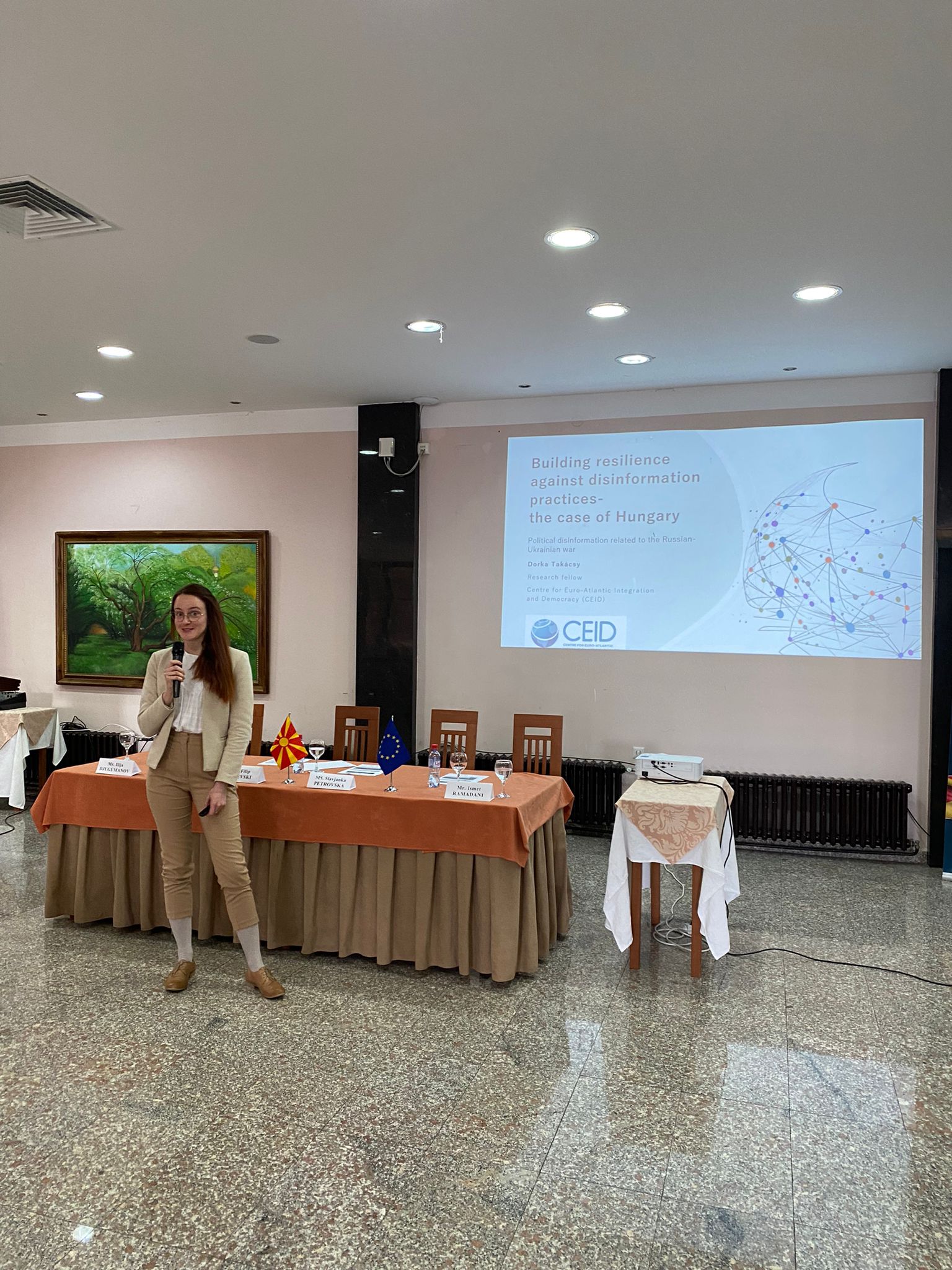
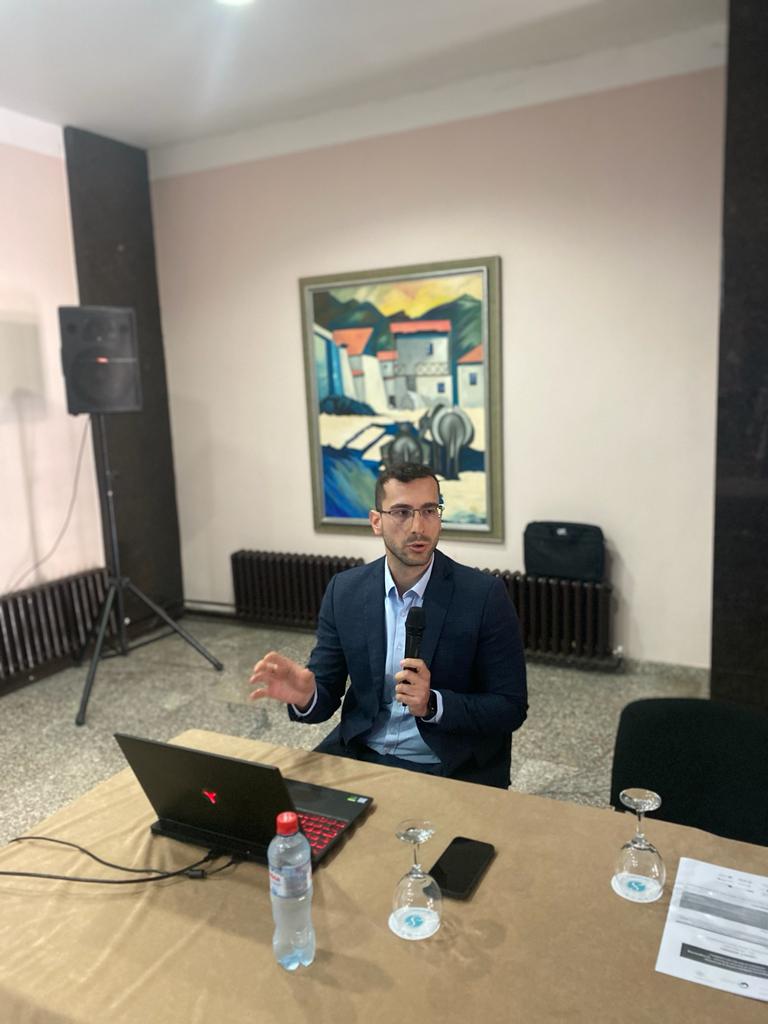
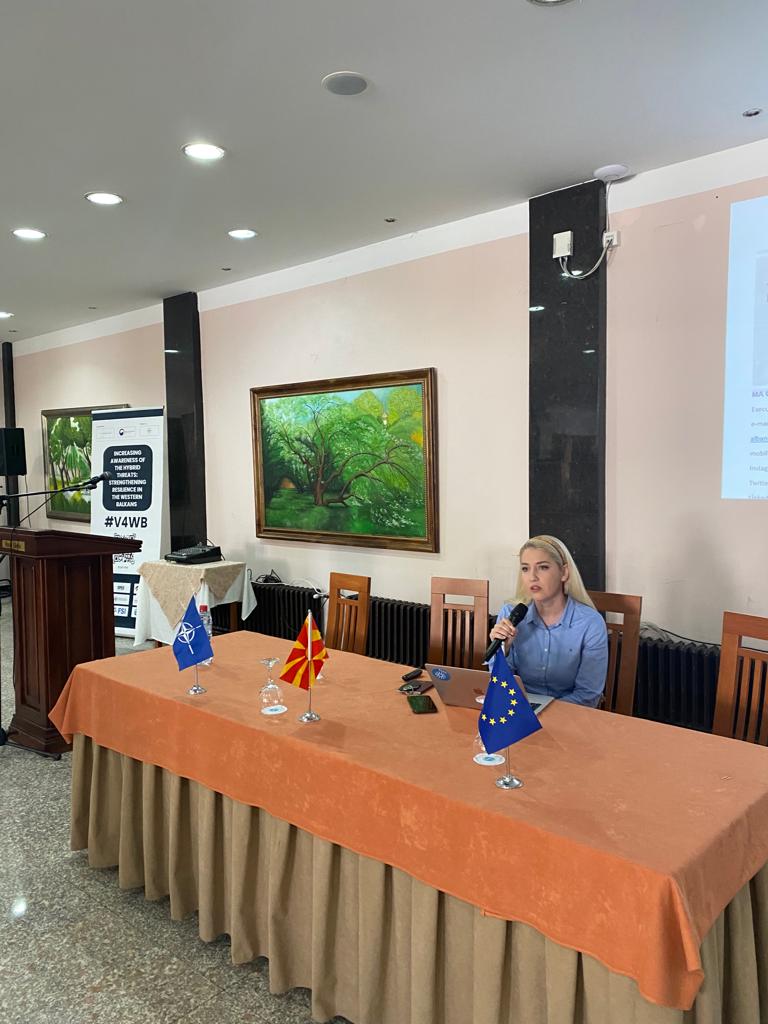
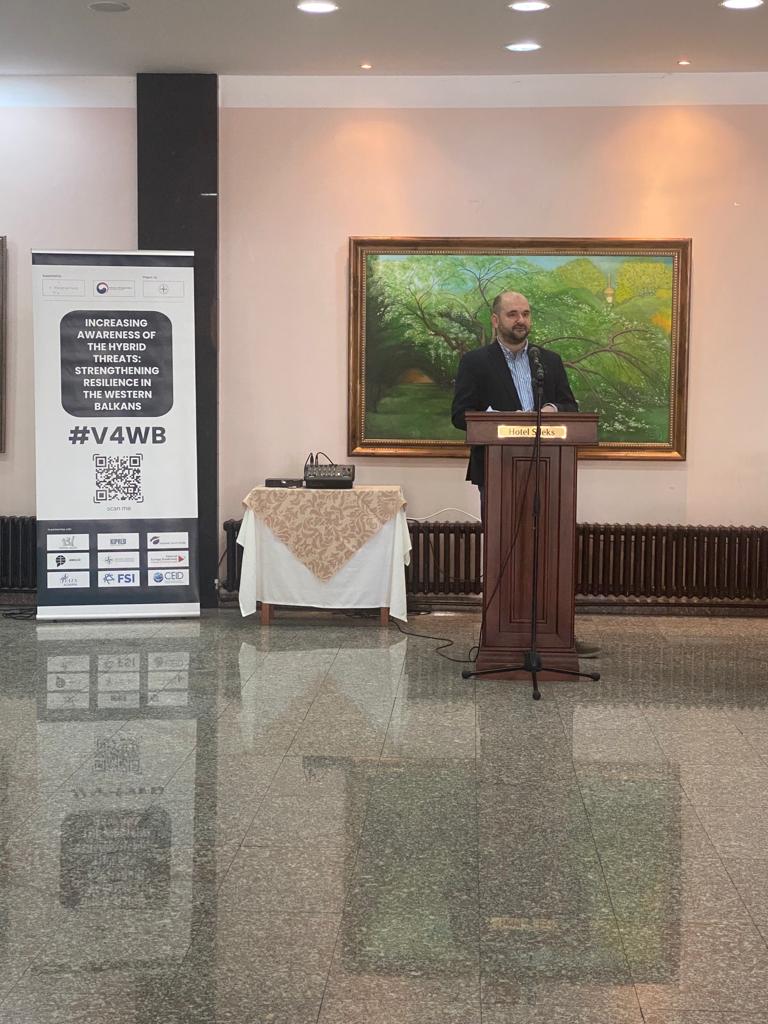
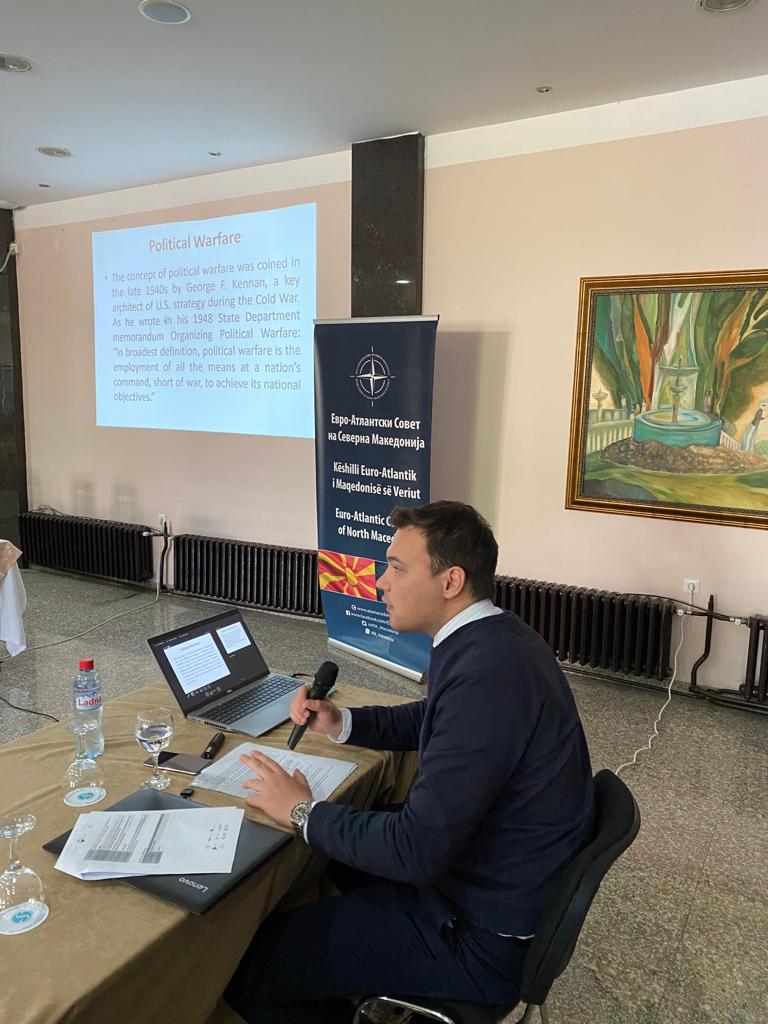
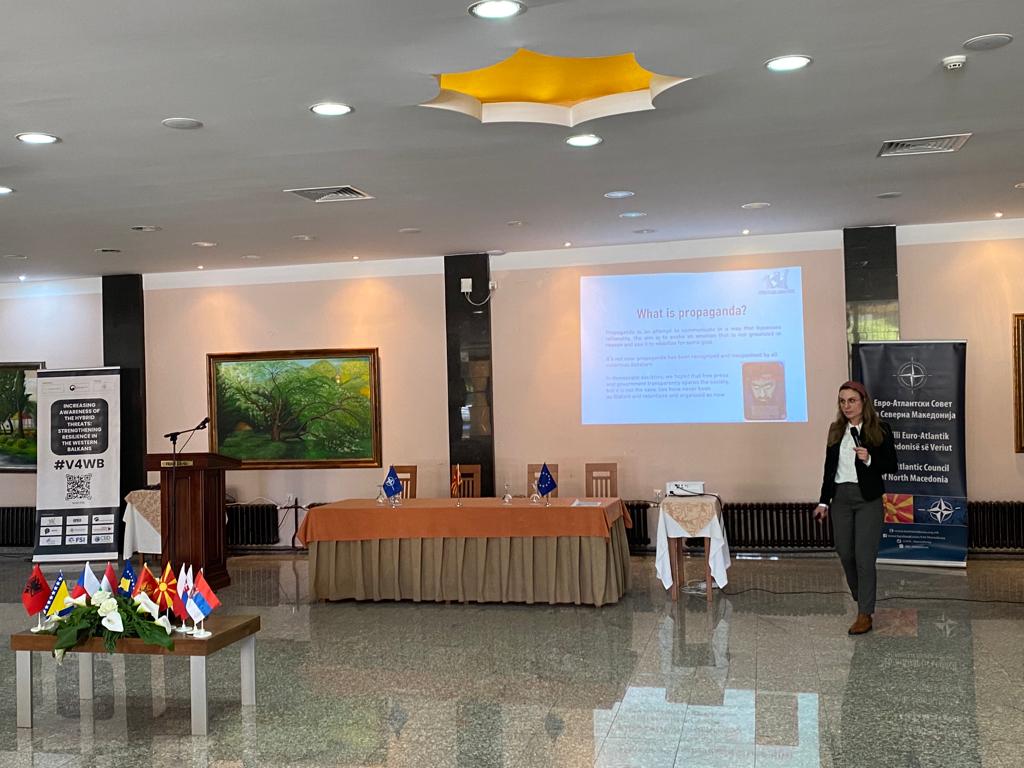
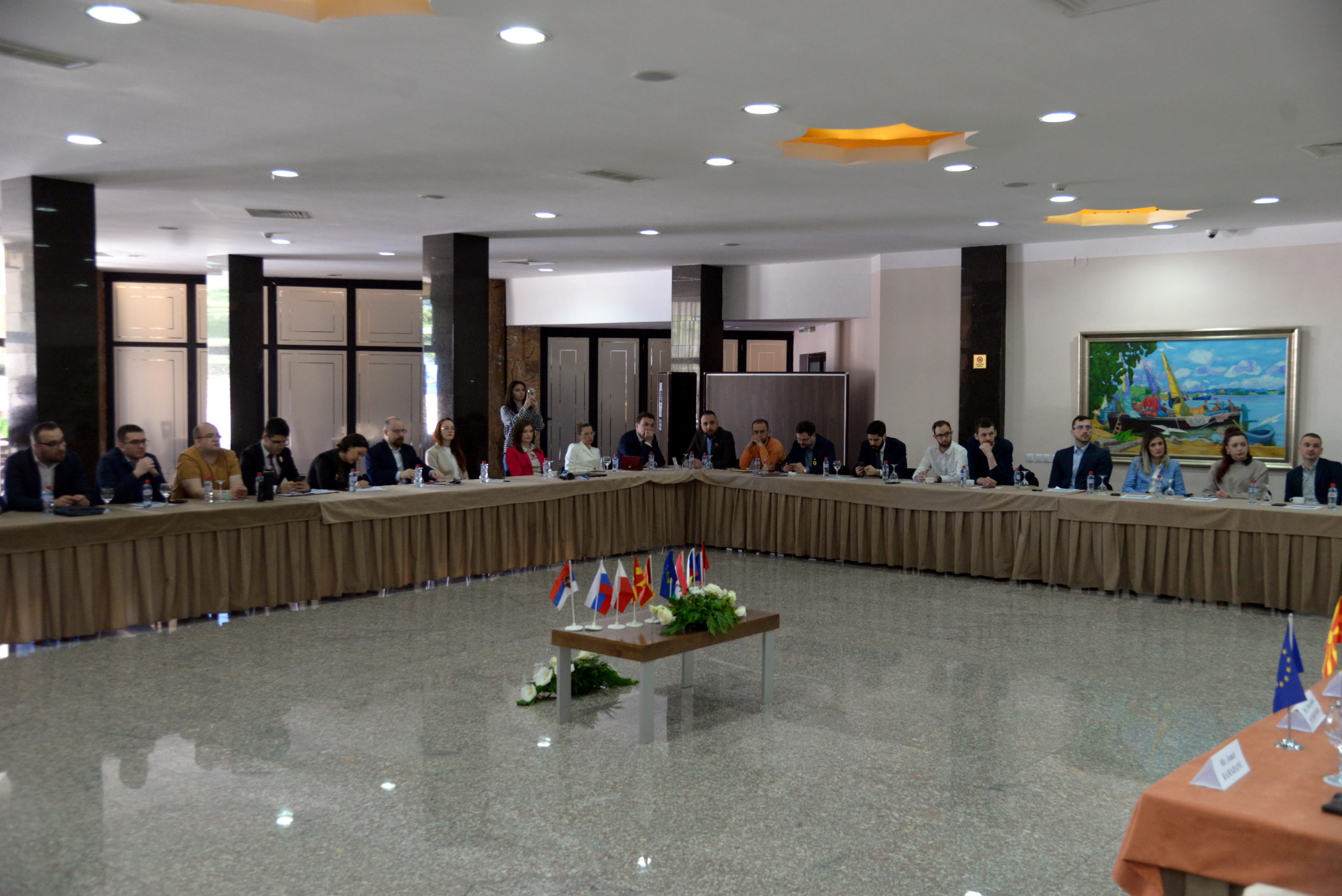
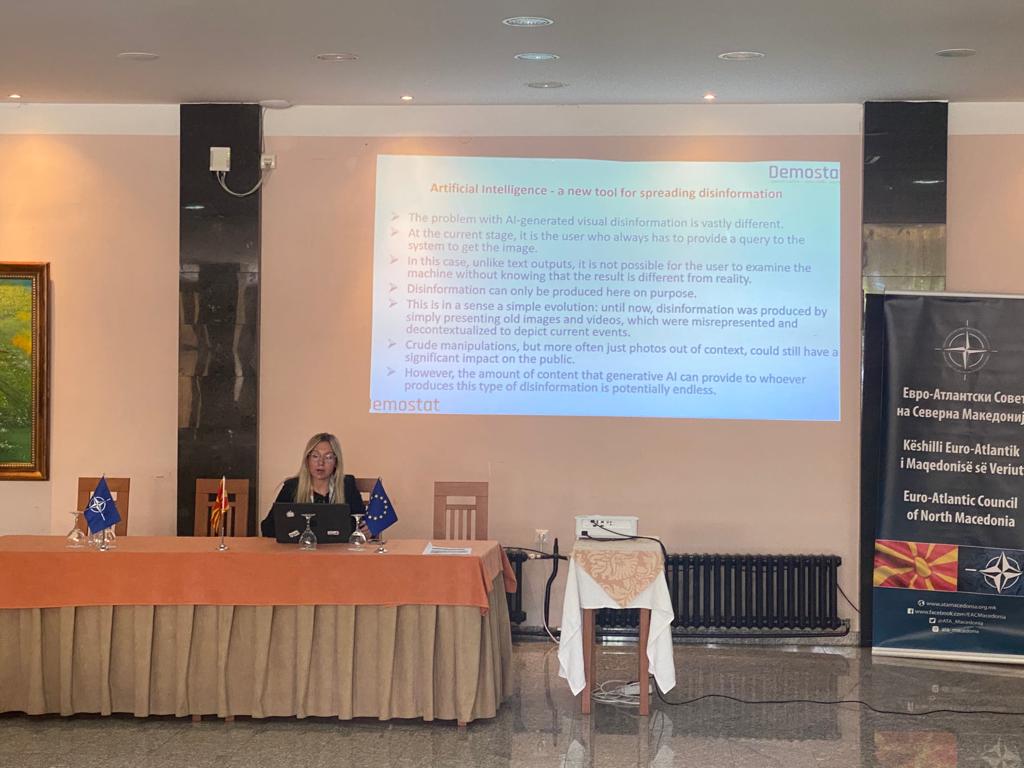
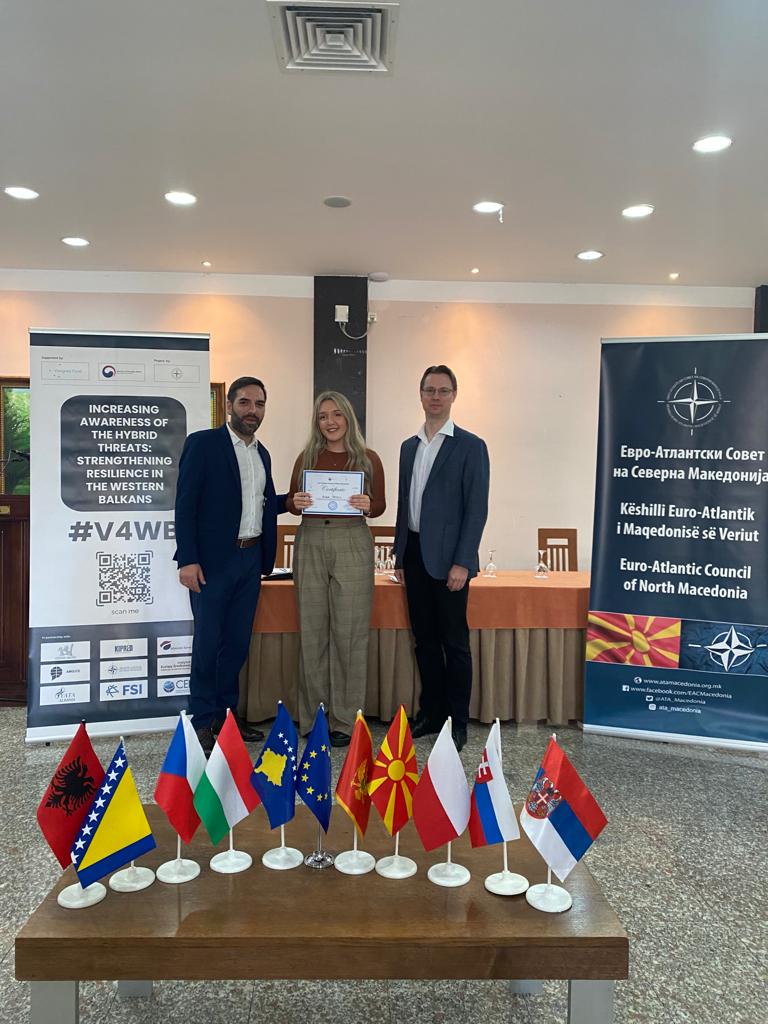
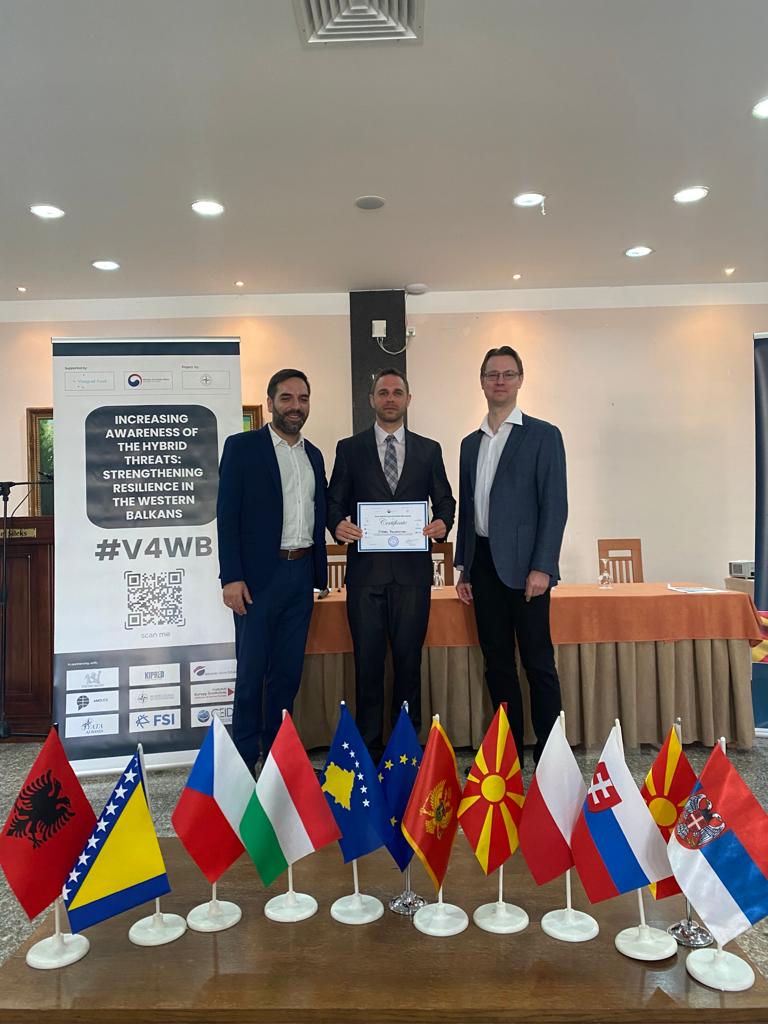
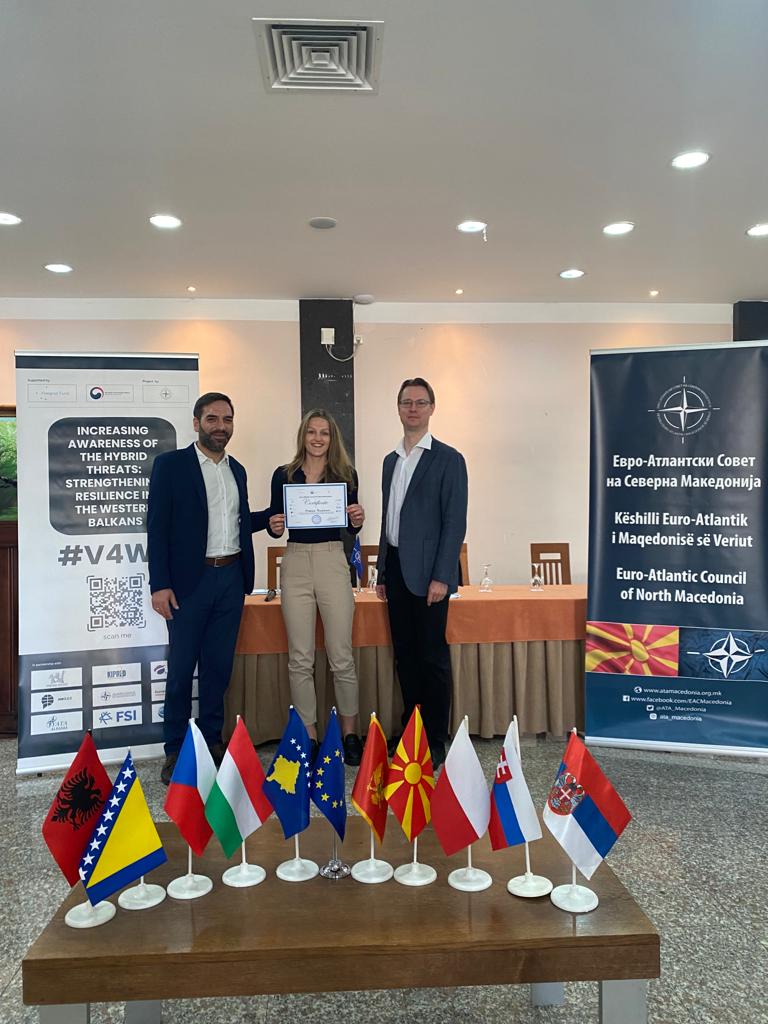
Contact us